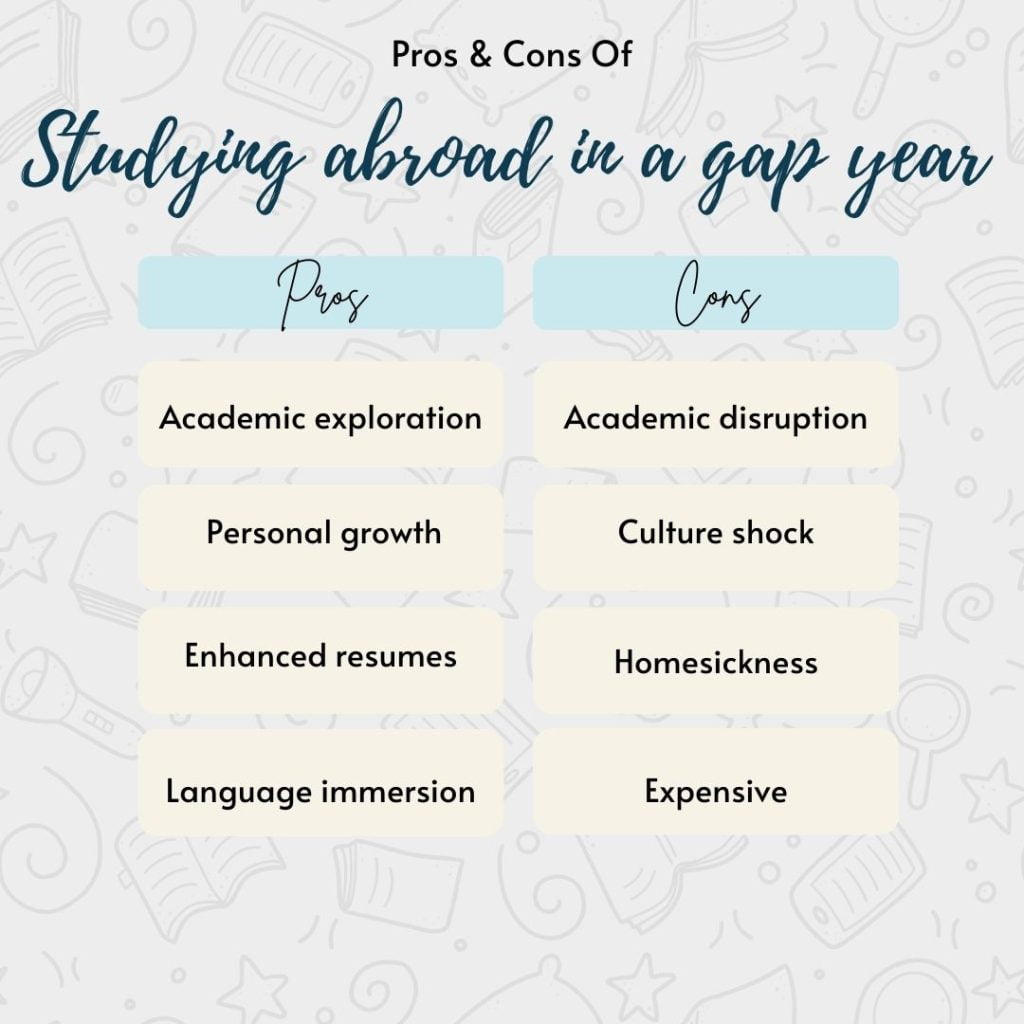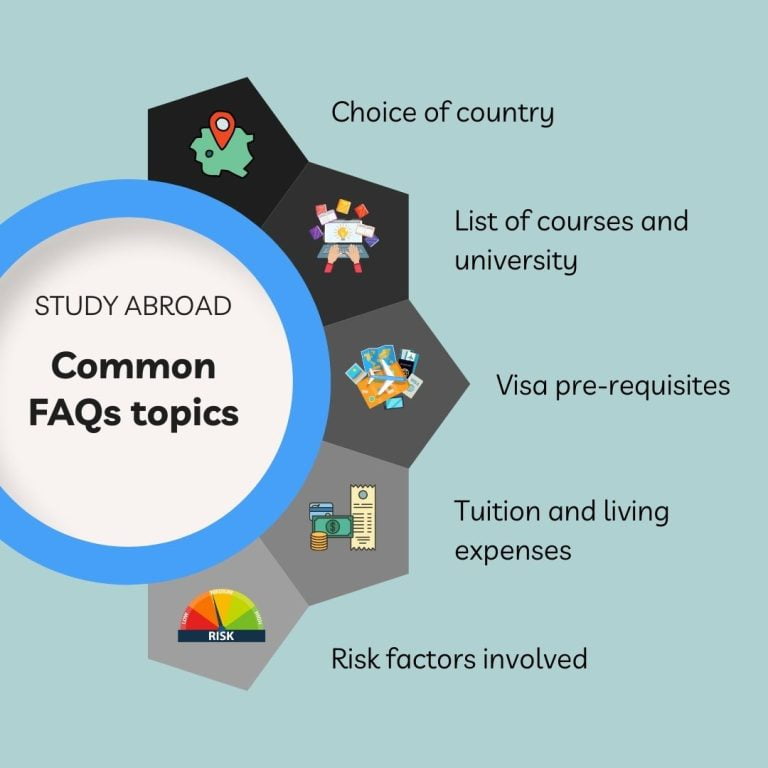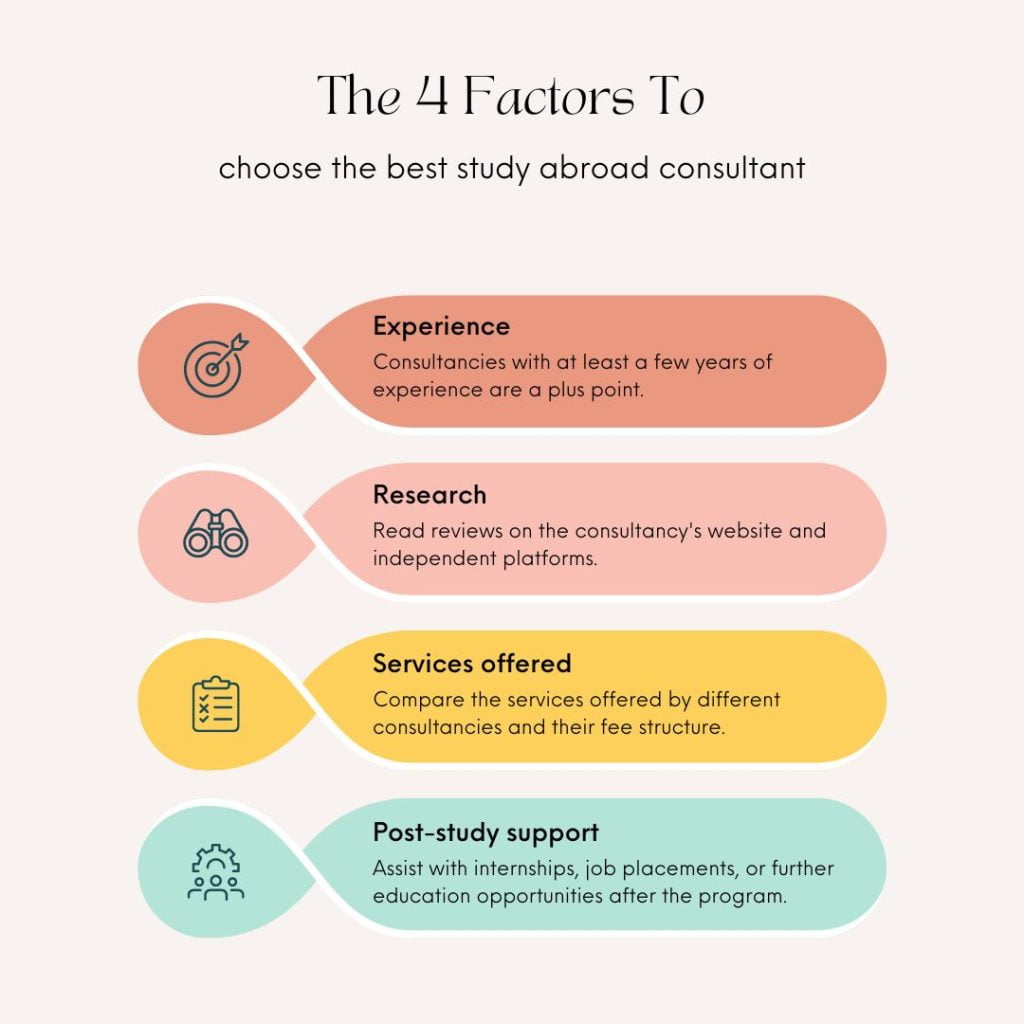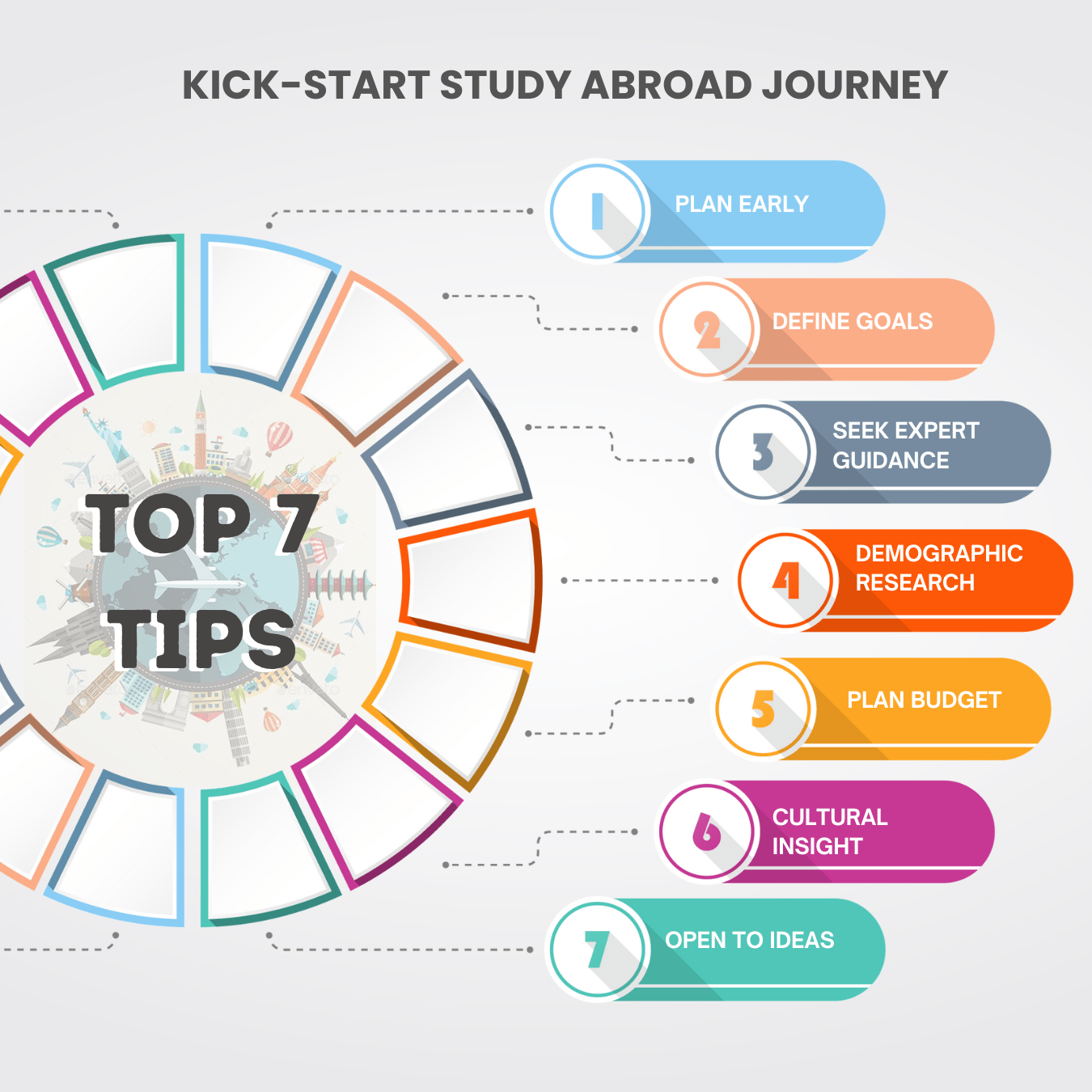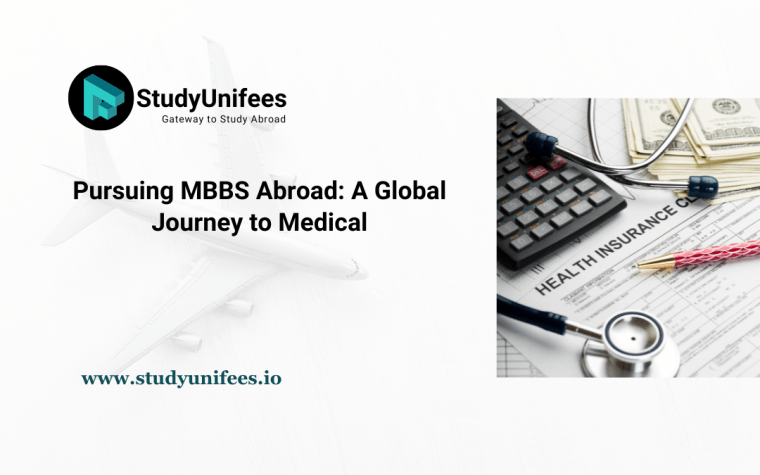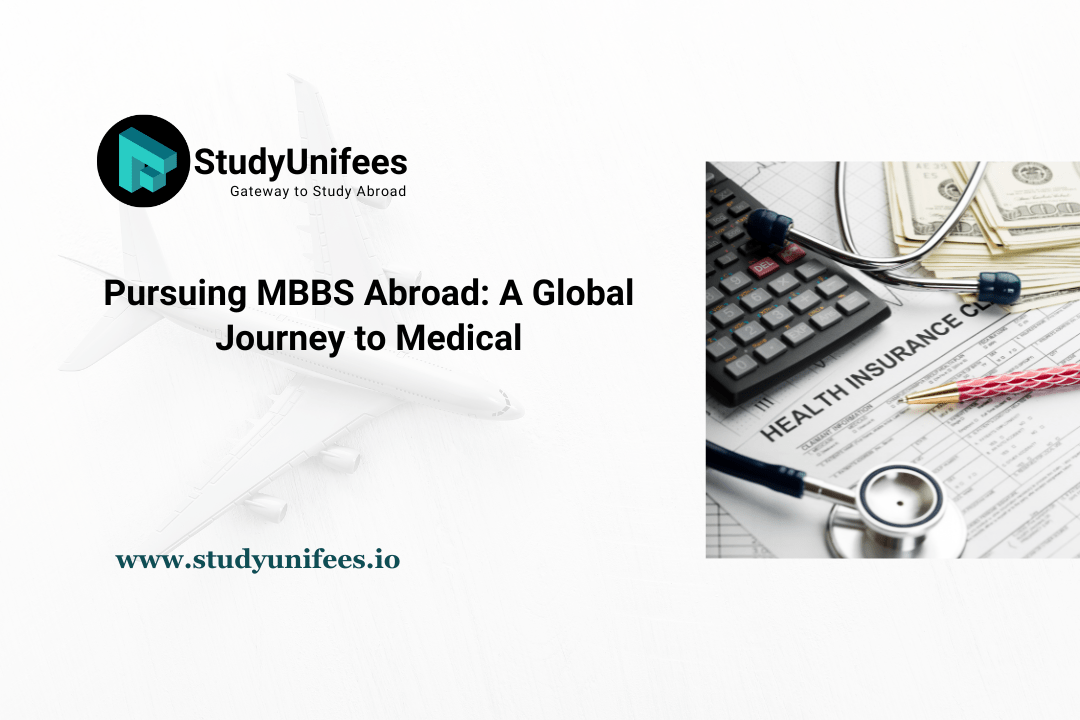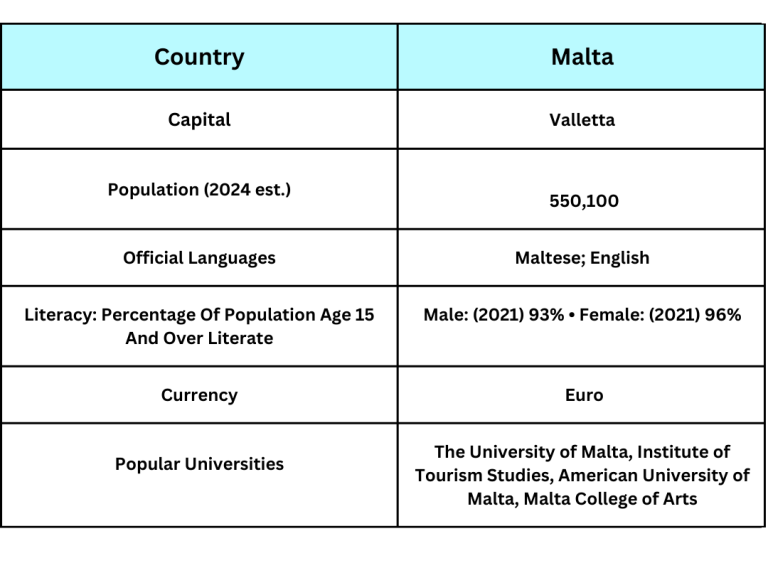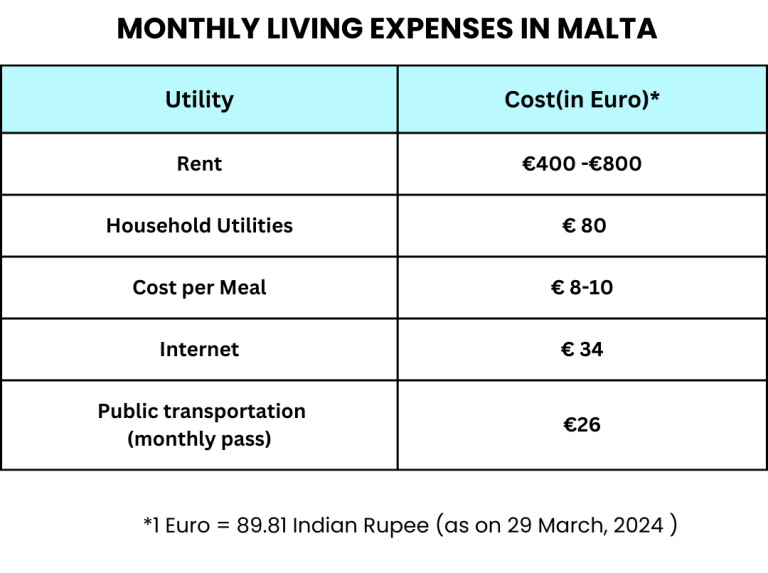Malta, a jewel in the Mediterranean, has recently emerged as a coveted destination for higher education, especially among Indian students who want to study in Malta. Its unique blend of rich history, vibrant culture, and quality education makes it an ideal place to study. This guide aims to provide a comprehensive overview of higher education in Malta, covering bachelor’s and master’s programs, top universities, visa rules, part-time work opportunities, and the advantages of studying in this fascinating country for Indian students who want to study in Malta.
Higher Education in Malta: Bachelor’s and Master’s Level
Bachelor’s Programs
Bachelor’s programs in Malta typically span three years and offer a diverse range of courses. These programs are designed to provide a strong foundation in the chosen field, encouraging both theoretical understanding and practical application. English, being one of the official languages, is the medium of instruction, making it easier for Indian students to adapt.
Master’s Programs
Master’s programs in Malta are known for their excellence and innovation. These one or two-year programs are tailored to provide advanced knowledge and skills in specific areas. The universities encourage research, critical thinking, and hands-on experience, making their graduates highly competitive in the global job market.
Top 5 Universities and Colleges in Malta
- University of Malta: The oldest and most prestigious, the University of Malta offers a wide range of undergraduate and postgraduate programs. Known for its research and academic excellence, it’s a popular choice among international students who want to study in Malta.
- Malta College of Arts, Science, and Technology (MCAST): MCAST provides practical and professionally-oriented education, ideal for those looking to directly enter specific industries or vocational fields.
- Middlesex University Malta: An extension of the UK-based Middlesex University, it offers specialized courses in information technology and business.
- American University of Malta (AUM): AUM blends American-style education with Mediterranean culture, offering courses in business, arts, and sciences.
- St Martin’s Institute of Information Technology: Ideal for IT enthusiasts who want to study in Malta, it offers degrees validated by the University of London and focuses on computing and business studies.
Student Visa Rules for Indian Students
Indian students who want to study in Malta applying for a Maltese student visa must fulfill certain requirements. These include proof of admission to a Maltese educational institution, evidence of sufficient funds to cover tuition fees and living expenses, and a valid passport. Additionally, a medical test and a police conduct certificate may be required. It’s crucial to start the visa process well in advance to ensure all requirements are met.
Working Part-Time in Malta
Indian students who study in Malta are allowed to work part-time, which can help supplement their living expenses and gain international work experience. Students can work up to 20 hours per week during the academic term and full-time during holidays. However, it’s important to ensure that work commitments do not interfere with study obligations.
10 Advantages of Studying in Malta
- Quality Education: Maltese universities are renowned for their high academic standards and are internationally recognized.
- English-Speaking Country: With English as an official language, Indian students find it easier to adapt both academically and socially.
- Cultural Richness: Malta’s rich history and diverse culture provide an enriching experience beyond academics.
- Safe and Welcoming: Malta is known for its safety and the warm hospitality of its people.
- Affordable Cost of Living: Compared to other European countries, Malta offers a more affordable cost of living.
- Strategic Location: Malta’s location at the crossroads of Europe and Africa opens up numerous travel and cultural opportunities.
- International Exposure: Studying in Malta means being part of a vibrant international community, offering a global perspective and networking opportunities.
- Part-Time Work Opportunities: The ability to work part-time helps students gain practical experience and manage expenses.
- Scholarship Opportunities: There are various scholarships and financial aids available specifically for Indian students.
- Post-Study Work Opportunities: Malta’s growing economy offers numerous job opportunities for graduates, particularly in sectors like tourism, IT, and finance.
Malta, with its blend of quality education, cultural richness, and student-friendly policies, presents an attractive destination for Indian students who want to study in Malta. Its educational institutions, coupled with the opportunities for personal and professional growth, make it a compelling choice for those looking to study abroad. By understanding the educational framework, visa rules, and the benefits that Malta offers, Indian students can make informed decisions about their international education journey.
Embarking on an educational adventure in Malta could be the beginning of a truly transformative experience, where learning goes hand in hand with personal growth and cultural enrichment.
Urban Centers in Malta
Malta, despite its small size, boasts a number of vibrant urban centers, each with its own unique charm and historical significance. These urban areas are not only crucial for the country’s economic and cultural life but also serve as popular destinations for tourists and expatriates, including international students who want to study in Malta.
- Valletta: Valletta, the capital city of Malta, is steeped in history and culture. Designated as a UNESCO World Heritage Site, it is known for its well-preserved architecture from the 16th century onwards, reflecting the island’s periods under the Knights of St. John and later British rule. Key attractions include the grand St. John’s Co-Cathedral, the Upper Barrakka Gardens, and the bustling Republic Street. Valletta is also the administrative and commercial heart of Malta, hosting several government offices, shops, cafes, and cultural venues.
- Sliema: Sliema is one of Malta’s main coastal resorts, known for its modern vibe and as a hub for shopping, dining, and café culture. The long promenade that stretches from Sliema to St. Julian’s is a favorite for both locals and tourists, offering spectacular views of the Mediterranean Sea and Valletta. Sliema is also a residential area popular among expatriates, offering a range of accommodations and lifestyle amenities.
- St. Julian’s (San Ġiljan): St. Julian’s, adjacent to Sliema, is famous for its entertainment and nightlife, particularly in the Paceville area, which is the center of Malta’s nightlife with numerous clubs, bars, and restaurants. It’s also home to luxurious hotels and resorts, beautiful beaches, and the picturesque Spinola Bay, lined with excellent seafood restaurants.
- Mdina: Mdina, the old capital of Malta, is known as the “Silent City” due to its tranquil, narrow streets and medieval charm. This walled city is a time capsule with its mix of medieval and baroque architecture, including the impressive Mdina Cathedral. Despite its small size, Mdina is rich in history and offers a unique, serene atmosphere away from the busier parts of the island.
- Birkirkara: Birkirkara is one of the largest and oldest towns in Malta, featuring a mix of urban and suburban characteristics. It is a residential hub, reflecting more of the everyday life of Maltese people. Important landmarks in Birkirkara include the Old Railway Station, which is now a public garden, and the historic St. Helen’s Basilica.
- Rabat: Adjacent to Mdina, Rabat is known for its historical sites including the famous St. Paul’s Catacombs and the Roman Villa. Rabat is more laid back compared to the bustling coastal towns but is rich in cultural heritage and offers a glimpse into Malta’s past.
- Mosta: Famous for its impressive Rotunda (Mosta Dome), which is one of the largest unsupported domes in the world, Mosta is a significant town in central Malta. It is a bustling town with a variety of shops, eateries, and a blend of modern and historical architecture.
- Qormi: Qormi, known traditionally as the city of bakers, is famous for its bread and traditional Maltese bakeries. It also plays host to various cultural and religious festivals, reflecting the strong traditional Maltese culture.
Each of these urban centers contributes to the diverse tapestry that is Malta. From the historical allure of Valletta and Mdina to the modern cosmopolitan vibe of Sliema and St. Julian’s, Malta offers a unique urban experience that blends history, culture, and modernity in a Mediterranean setting. This rich diversity in such a compact area is part of what makes Malta a unique and fascinating place to visit or reside in.
The Growing Popularity of Malta Among Indian Students
There’s a noteworthy trend in the movement of Indian students choosing Malta as their study destination. The trend can be observed across several key aspects:
- Growing Popularity: Over the years, Malta has gained increasing popularity among Indian students who want to study in Malta. This surge can be attributed to Malta’s use of English as an educational medium, its European Union membership, and the relatively affordable cost of education and living compared to other European countries.
- Preferred Fields of Study: Indian students who want to study in Malta have shown a strong inclination towards specific fields such as Information Technology, Business Management, Hospitality, and Healthcare. Malta’s educational institutions have been recognized for their strength in these areas, aligning well with the career aspirations of many Indian students.
- Scholarships and Funding: There has been an increasing trend in the availability of scholarships and funding opportunities specifically targeted at Indian students. These opportunities have made studying in Malta more accessible, particularly for those who might find the financial aspect challenging.
- Post-Education Opportunities: Indian students who want to study in Malta are increasingly considering post-study work opportunities in Malta. The country’s growing economy, particularly in sectors like IT, gaming, finance, and tourism, offers promising career prospects for international graduates, including those from India.
- Network and Community Building: As more Indian students choose Malta, there’s a growing sense of community among them. This network has been instrumental in providing support and guidance for new students adapting to life in Malta.
- Quality of Education and Lifestyle: The combination of a high standard of education and a relaxed Mediterranean lifestyle is particularly appealing. Malta’s safety, its cultural richness, and the overall quality of life are significant factors attracting Indian students.
- Increased Collaboration between Institutions: There’s a trend in the increase of partnerships and collaborations between Indian and Maltese educational institutions. These collaborations often result in more exchange programs, joint research projects, and opportunities for Indian students who want to study in Malta.
- Shift in Demographics: Initially, most Indian students who wanted to study in Malta were postgraduate students, focusing on Master’s and Ph.D. programs. However, there’s a noticeable shift with more undergraduates choosing Malta for their studies.
- Visa Policies and Work Rights: The Maltese government’s student-friendly visa policies and the right for international students to work part-time have been significant pull factors. Such policies make Malta more accessible and financially viable for Indian students.
- Digital and Remote Learning Opportunities: With the global shift towards online and blended learning models, more Indian students are able to start their Malta-based education from home. This trend has been accelerated by the COVID-19 pandemic and the subsequent adaptation of educational institutions to digital platforms.
The trend of Indian students studying in Malta is characterized by an increasing number, diversification in the fields of study, improved accessibility through scholarships, and a focus on post-study career opportunities. Additionally, the establishment of a strong Indian community and bilateral academic collaborations further cement Malta’s position as a favorable destination for Indian students.

